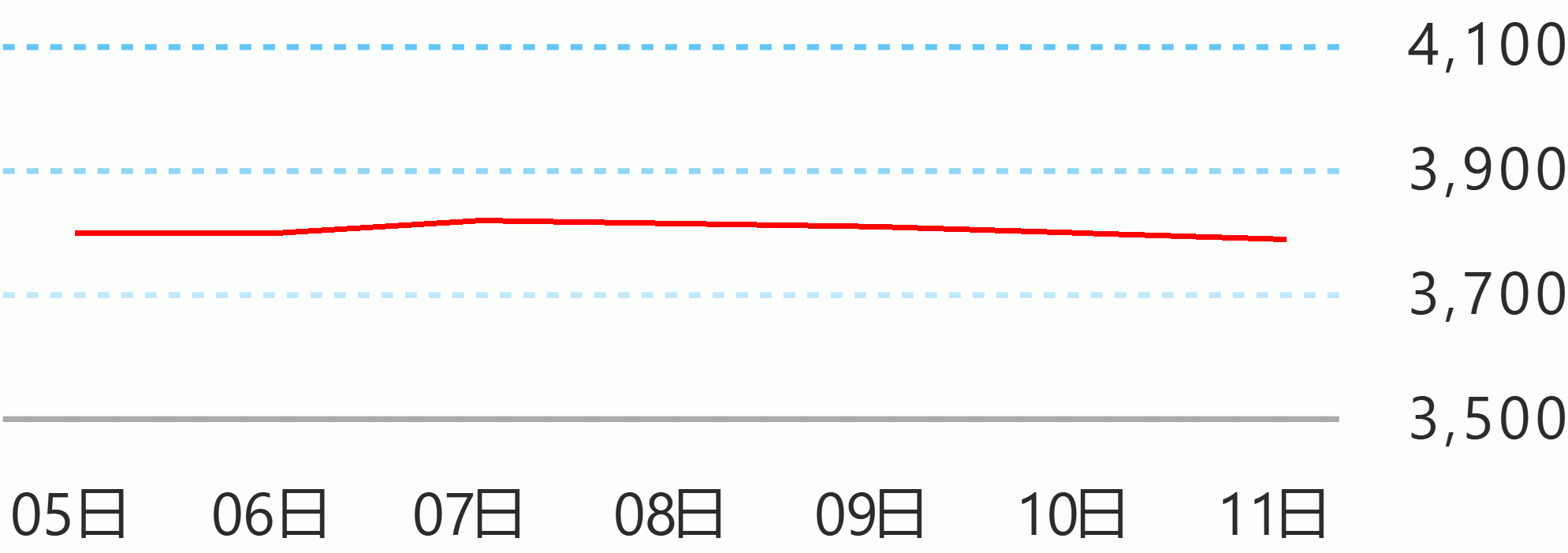Former Supreme Court Associate Justice Adolfo Azcuna said the Philippine government may face "consequences" for violating the law as he claimed that the act of surrendering the former President Rodrigo Duterte to the International Criminal Court is illegal.
During the third hearing of the Senate Committee on Foreign Relations led by Senator Imee Marcos on Thursday, Azcuna said the warrant of arrest issued by the ICC against Duterte is legal but surrendering the former president without bringing him to local court is a violation of the law.
"In my view, the warrant of arrest is legal. However, I believe that the surrender is not because the surrender must be pursuant to a treaty, and therefore our own law, section 17 of the Republic Act 9851 brought back the statute of Rome even after withdrawal because it requires that a surrender must be pursuant to the applicable treaty and therefore, in this case, the applicable treaty remains in the statute of Rome," he said.
"Thus, we have to follow Article 59 of the statute of Rome which requires that the custodial state, namely the Philippines, must first bring the arrested person to a local court to determine two things, whether or not, the person is really the one name in the warrant, second, whether or not the person has been informed of the charges against him or her. This was not done. Therefore, there was, in my view, a violation in the act of surrender," he added.
Azcuna explained that although the Philippine government could face consequences from a case that is now pending before the Supreme Court, the ICC have their own procedure called "Male captus bene detentus, meaning if the arrest is illegal, the detention can be legal."
"It does not automatically mean that the arrest is illegal, the person arrested must be released. They will balance. It's a balancing act. They will balance the illegality of the arrest with the need to prosecute someone for very serious offenses under International law. And in their view, the balance ways in favor of prosecution, they will prosecute notwithstanding the violation of procedure in the surrender," he said.
"Therefore, it depends on whether you're talking about the Philippine forum or ICC, the ICC, I believe, will follow their own procedure, whereas the Philippines, as it's now pending in the Philippine Supreme Court, in my view, there is a violation and there will be consequences for that violation," he added. Robina Asido/DMS





 English
English









